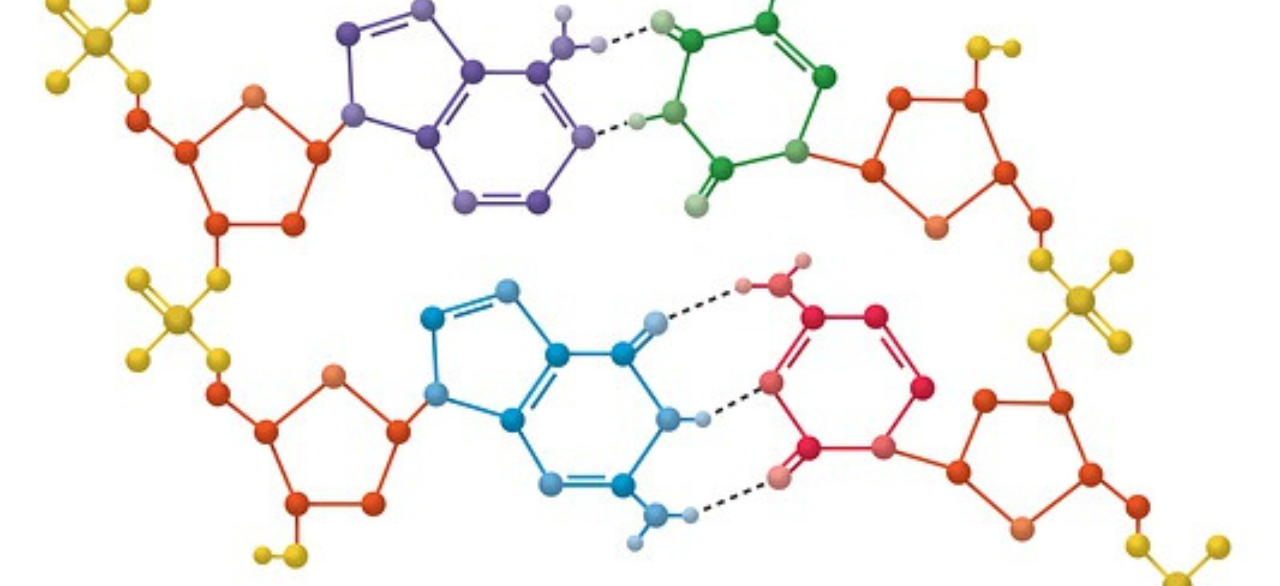
Amino acids are the basic unit of proteins. Proteins are important for the growth and development of horses. The body uses amino acids to create new proteins, rebuild old proteins, and perform other essential functions.
Amino acids are needed to make much more than muscle. Enzymes, antibodies, hemoglobin, cellular receptors, cytokines and many hormones are all synthesized from amino acids.
Types of amino acids
There are 20 types of amino acids that make up a protein. Amino acids can be classified as essential or nonessential. An essential amino acid is one which has to come from the intake, as the other type, non-essential amino acids can be manufactured by the horse. All limiting amino acids are also essential amino acids.
Some amino acids are more important than others for horse health. The three essential amino acids that are most important for horses are lysine, methionine, and threonine.
Lysine is important for the growth and development of horses. It is especially important for the growth of muscle tissue. Lysine is also essential for the production of collagen, a protein that is found in connective tissue. Horses that do not get enough lysine may be prone to muscle weakness and injuries.
Methionine is important for the health of skin and hair coat. It helps keep skin healthy by providing sulfur, which is needed for the production of collagen. Methionine deficiency will show up as poor hoof quality, poor coat, reduced muscle mass and impaired performance.
Threonine is important for maintaining a healthy immune system and helping the body turn food into energy.
What are some common sources of amino acids for horses?
There are many different sources of amino acids for horses. Some common sources include seeds, grains, peas, beet pulp, and soy.
Peas, beet pulp and soy are the best lysine sources. Grains and seeds are the best sources of methionine.
Amino acids can become depleted where dietary sources are too low, or the horse is not absorbing adequate levels for other reasons.
In these cases supplementing amino acids can correct these deficiencies.
How to supplement amino acids
Supplements can help with protein deficient diets.
Dr Kellon recommends per day:
10 – 20 g lysine
5 – 10 g methionine
2 – 4 g threonine
36 g Equine Amino will provide the full complement of these amino acids; 20 g lysine, 10 g methionine and 4 g threonine.
https://myhorsesupplies.com.au/product/equine-amino/
In conclusion, amino acids are important for horses because they help with muscle development and repair, energy production, and immune system function. By ensuring that your horse has a balanced diet that includes amino acids, you can help keep them healthy and performing at their best.
Reference:
https://drkhorsesense.wordpress.com/tag/amino-acids/
Image by LJNovaScotia from Pixabay